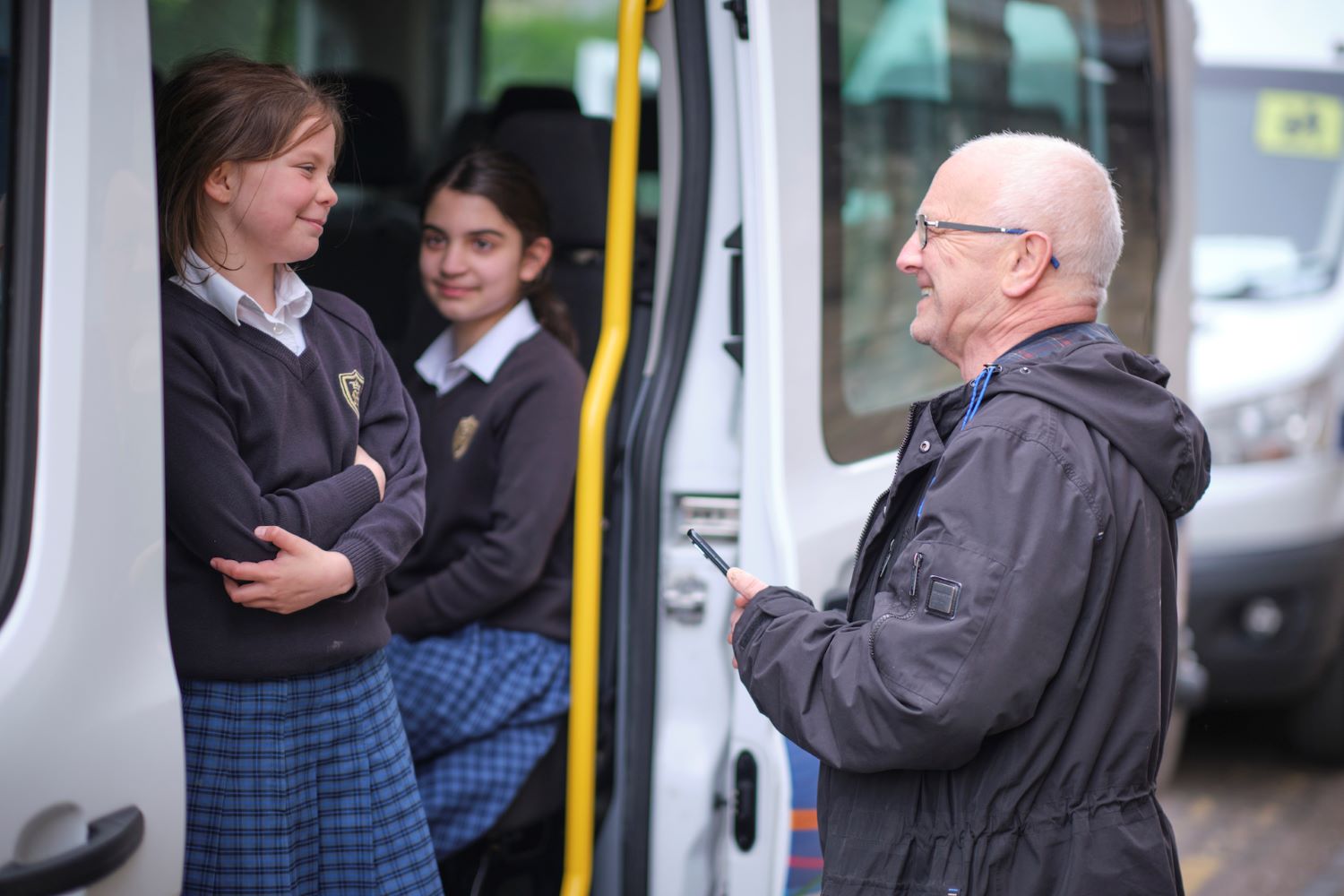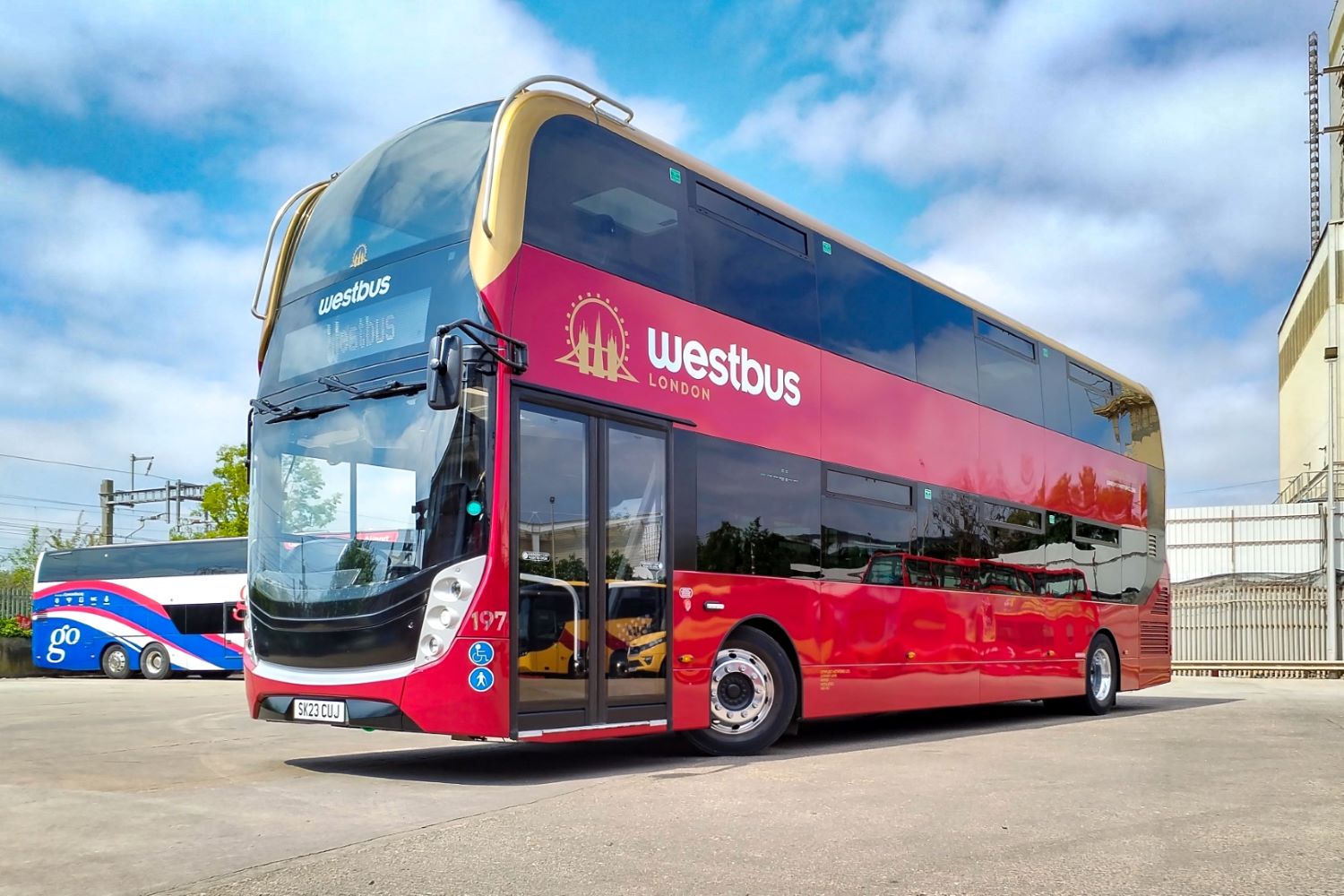Funding cuts could be affecting the market for home-to-school bus services, with a survey indicating that more than one in five children have been impacted.
The survey of 1,000 parents by school and workplace transit specialist Kura found that 22% of children now have to use alternative methods of travelling to and from school due to transport funding cuts.
It also found that the cost of living was having a marked effect, with 18% saying rising costs mean their child must now walk or cycle to school rather than use public transport. However, in better news for the industry, it reported that 19% say they could no longer afford to drive their child to school so they were instead taking public or school transport.
Parents in Greater London and the West Midlands were most likely to report a change of habit due to funding cuts. Forty-five per cent are seeking alternative means in the capital while the figure is 28% for the West Midlands.
Further, 49% of parents are worried about their child’s safety on the journey to and from school, the survey also suggested.
Godfrey Ryan, Chief Executive Officer of Kura, says: “Rising costs coupled with funding cuts have forced many parents to rethink the school run. Whilst for some, this means they are using more sustainable transport methods, such as walking or the school bus, the changes mean many are facing new or increased safeguarding concerns.
“Unreliable school transport can impact student productivity and wellbeing, as well as cause concern for parents unable to keep track of where their children are on the school journey. Almost a fifth (19%) of parents rely on the school informing them if their child hasn’t arrived and nearly one in ten (9%) said they have no means of knowing where their child is on the school run. ”
With this in mind, Kura last month unveiled free transport safeguarding software for schools. According to Kura, 22% of schools do not have a transport safeguarding policy in place.



























